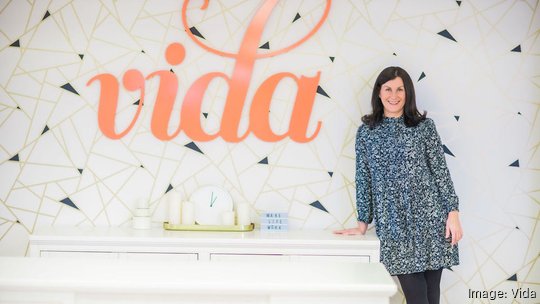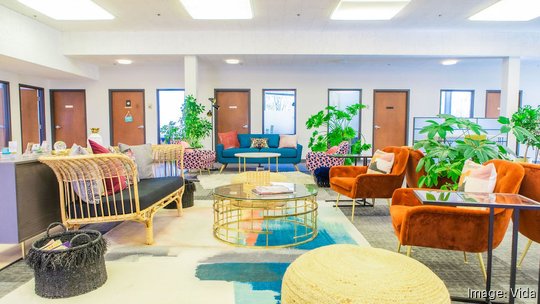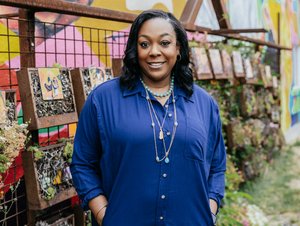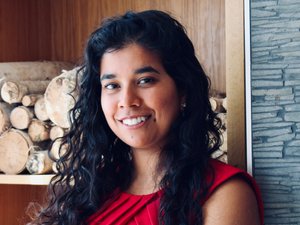
Melanie Marconi is building her coworking startup Vida to be the kind of space she wants to work in: a place centered on the needs of working moms.
This means somewhere children are welcome and have room for activities. The front desk staff can help with needs such as virtual assistance, business consulting or media production through a business services program. Or easy access to fitness studio for a quick workout between meetings.
Her model seems to be working as she gears up to open a second Vida location and has her sights set even higher. Her goal is 25 locations, largely though the Pacific Northwest, by 2030.
The second location in Beaverton is set to open Aug. 7 with a community party Aug. 16.
How Vida got started
Prior to starting Vida, Marconi co-founded and ran an event planning business. She moved to Portland and opened a remote office for that company. She and the small team here were in need of space to work that wasn’t her tiny living room.
It was late 2015 and coworking spaces were booming. She toured the WeWork and CENTRL locations in Portland but those spots didn’t resonate with her. The Wing, a coworking business catering to women, was just launching in New York and she thought she could wait for it to come to Portland. She had the same thought when The Riveter got going in Seattle a couple years later.
But her dissatisfaction with coworking options nagged at her. She started talking to other working moms in her network about it, and they all were excited about the idea of a coworking space designed for women to thrive.
“Turns out a lot of other people who aren’t women or moms enjoy being (in those spaces) as well,” she said.

The first location is at 401 N.E. 19th Ave. in Portland. It currently has 192 members, about 75% of whom are women. The space has dedicated offices, dedicated desks or hot desk options. Amenities include a kids area, fitness studio, access to life coaching, local food and beverage options and a front desk concierge.
Marconi is laser-focused on her members' needs, and that dictates what is offered. This focus and ability to pivot when needs change helped the company survive the pandemic. To get through the height of the pandemic the company offered working parents the option of Vida School, which was a monitored place for children to log into online school as well as afternoon licensed child care.
The company also offered executive coaching services through a partnership with one of its members. A handful of members continued to come to the space throughout the pandemic.
“It was rough and really lean through 2021. In early January or February 2022 things started to turn around,” Marconi said. By fall 2022 the company was profitable again.
Lessons learned from The Wing, Riveter and WeWork
As Marconi builds Vida she studies the missteps of more high-profile coworking spaces like WeWork and The Wing as cautionary tales.
“I have been intentionally making different choices in our growth based on what I learned,” from those case studies. “For The Wing and WeWork, when you have access to so much capital you make choices that are different than you do when you have $100 in your bank account, which is somewhere I have been.”
Marconi started Vida with a small friends and family round that was kicked off when a local family office agreed to invest $50,000 if she could find other investors to match. She invested her own $40,000 — all the money she had to her name — secured a loan from Prosper Portland and another loan from Micro Enterprise Services of Oregon.
She noted that she struck out with local venture investors and she was rejected for loans by both the Small Business Administration and banks, including her personal bank.
“Not having (venture) capital has forced me to make decisions (bigger coworking companies) didn’t have to. This idea of exclusivity and privilege, for The Wing specifically. We aren’t in Manhattan and it’s not my style to have the clubby high-end and exclusive model,” she said. “Our mission has truly always been making life work for women and for our members. If we are not providing services or support to that mission for each of our 192 members we pivot and change to hit that note for everybody.”
Ahead of opening, the second location already has 10 members. Membership in one location offers access to all locations.
Marconi is already working on a third location and is targeting somewhere near Happy Valley or elsewhere in Clackamas County.







